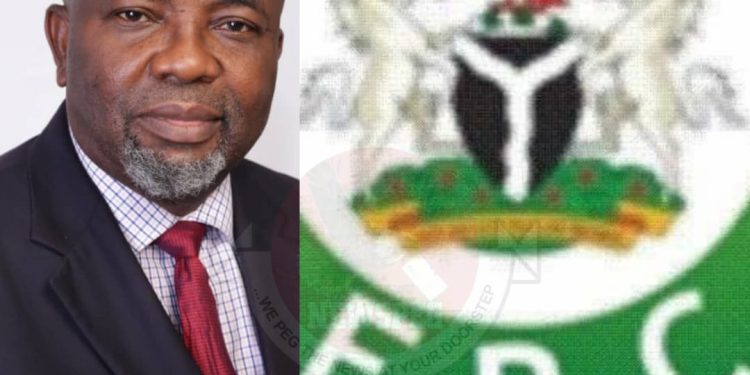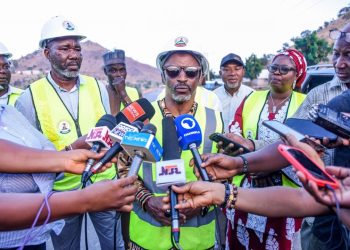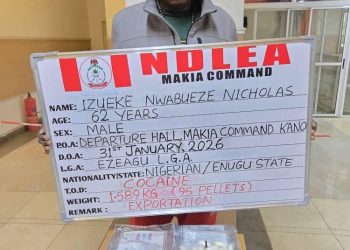By Nkechi Eze
The Fiscal Responsibility Commission (FRC) has called on Local Government Councils in Anambra State to strengthen fiscal discipline and improve public finance management practices, stressing that transparency, accountability and strict adherence to statutory financial procedures must be upheld at every stage of governance.
The charge was delivered during a capacity-building workshop on the Local Government Accountability Framework held at the Hilton Leisure Resort, Awka. The event drew top local government officials—particularly those in finance and accounts—planning officers, development partners, and representatives of collaborating agencies including the Independent Corrupt Practices Commission (ICPC), Code of Conduct Bureau (CCB), Bureau of Public Procurement (BPP), Rule of Law and Anti-Corruption (ROLAC) programme, with IDEA as sponsors. The Resident Commissioner of ICPC, Anambra State, was also present. This was contained in an official signed statement by the Deputy Director, Strategic Communications of the Commission, Bede Anyanwu.
Speaking on behalf of the Commission, Ado Hassan, Deputy Director in the Policy and Standards Directorate, underscored the importance of embedding fiscal responsibility principles across the entire budget cycle. He noted that compliance must begin from the preparation of the Medium-Term Expenditure Framework (MTEF) to annual budgeting, implementation, monitoring, and the timely publication of Approved Audited Financial Statements.
Hassan described the MTEF as the foundation of credible public financial planning, stating that strict adherence helps ensure budgets remain realistic, strategic and aligned with long-term development goals. He added that without transparent implementation and proper auditing, the impact of public spending cannot be objectively assessed.
The Commission stressed that reinforcing accountability at the local government level is essential to rebuilding public confidence and guaranteeing that funds meant for community development are used judiciously. With growing public demand for openness in government spending, the FRC urged councils to strengthen internal controls, adopt transparent procurement processes and improve the credibility of their financial reporting systems.
Hassan reaffirmed the Commission’s readiness to support sub-national governments by providing continuous training, guidelines, monitoring tools and early-warning systems to enhance compliance with the Fiscal Responsibility Act and other national financial management standards.
The training covered several areas, including the preparation of the Medium-Term Expenditure Framework (MTEF), budget formulation and credibility, cash management and expenditure control, ensuring value-for-money in procurement, internal audit and financial oversight, the preparation and publication of Audited Financial Statements, and the roles of oversight institutions and citizen participation.
Participants described the workshop as timely and essential, especially as local governments across the country prepare for a new fiscal planning cycle. They agreed that strengthened transparency and accountability would improve service delivery and bolster collaboration with development partners and civil society.
The Commission reiterated that entrenching fiscal responsibility at the grassroots is vital for achieving Nigeria’s broader development goals. It pledged continued collaboration with state governments, local councils and oversight institutions to promote sound public financial governance nationwide. The Awka engagement marks another milestone in FRC’s ongoing nationwide effort to strengthen fiscal discipline, enhance transparency and ensure that public resources deliver meaningful benefits to citizens.















